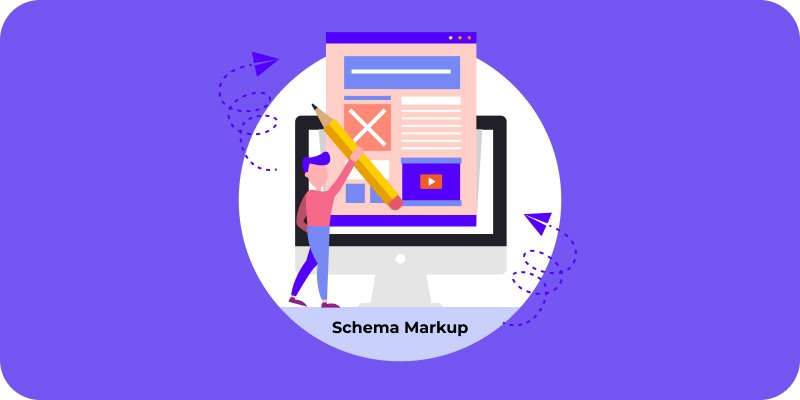INTRODUCTION
We live in an era where speed is everything. If your website takes more than a few seconds to load, you’re not just losing visitors — you might also be losing valuable Google rankings and conversion opportunities.
This article is here to help you understand why load speed matters, how it directly impacts your SEO and sales, and what you can do to fix it.
The Impact of a Slow Website on User Experience
Imagine clicking on a link and waiting more than three seconds for the page to load. Chances are, you’d leave — and your users are no different.
Google studies show that the probability of bounce increases by 32% when load time goes from 1 to 3 seconds. At 5 seconds, that probability jumps to 90%. That’s a loss of attention you could have avoided with a faster website.
A slow website creates distrust, harms the user experience, and drives visitors away before they even interact with your content or calls to action.
SEO: Google Loves Fast Websites
Google has made it clear that site speed has been a ranking factor since 2010. With the introduction of Core Web Vitals, it’s become even more important.
Fast-loading websites tend to rank higher in search results. That’s because Google prioritizes user experience, and poor load speed negatively impacts key metrics like:
- Time on page
- Bounce rate
- Pages per session
A website optimized for speed doesn’t just improve these metrics — it also allows Google to crawl and index your pages more efficiently.
Conversion: Every Second Counts
It’s no exaggeration: a slow website costs money. Whether you run an online store or a landing page, even a one-second delay could mean losing thousands in monthly revenue.
Amazon estimates it would lose $1.6 billion a year if its site slowed down by just one second. While your business might not operate at that scale, the principle still applies: website speed has a direct impact on sales.
A fast site boosts conversion rates, lowers cart abandonment, and keeps users engaged all the way through your sales funnel.
Common Causes of a Slow Website
Many technical factors can slow down a site. Some of the most common include:
- Unoptimized or oversized images
- Poor-quality or overloaded hosting
- Bloated or poorly structured code
- Excessive or poorly coded plugins (especially in WordPress)
- Lack of caching or file compression
Identifying these issues is the first step to solving them. A technical audit can quickly reveal where the bottlenecks are.
Tools to Measure Your Site’s Speed
You can start evaluating your site’s performance using free tools like:
These tools provide scores, improvement suggestions, and technical insights into what’s slowing down your site.
Best Practices to Improve Load Speed
- Optimize images: Use modern formats like WebP and compress without quality loss.
- Enable browser caching: Reduce repeated resource requests.
- Minify CSS, JS, and HTML: Remove unnecessary spaces, comments, and lines.
- Use quality hosting: Fast websites start with reliable servers.
- Avoid unnecessary plugins: Especially in CMS platforms like WordPress.
- Implement a CDN: Deliver static content from servers closer to your users.
Real Cases: Brands That Boosted Results by Improving Speed
Conclusion: Don’t Underestimate Speed
A slow site isn’t just frustrating for visitors — it seriously harms your online visibility, reputation, and revenue.
Website speed optimization isn’t optional anymore: it’s essential to compete in today’s digital landscape.
If you’re not sure how your site is performing, start by measuring its speed and identifying key issues. And if you need expert help, there are professionals who can guide you through the optimization process.
Is your website performing at its best? Test its speed today and start improving your rankings and conversions. If you’re looking for a professional second opinion, visit Floix Agency and explore resources to take your site to the next level.





